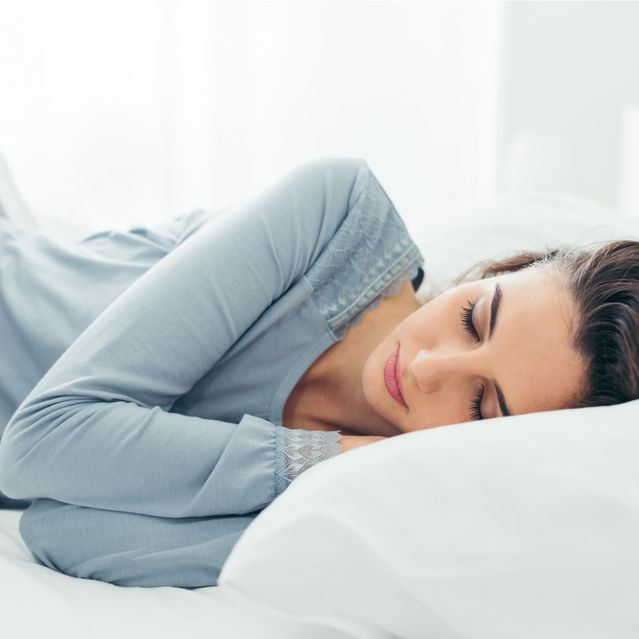
The potential for manic or hypomanic symptoms to emerge after sleep deprivation in bipolar disorder raises questions about the appropriateness of these methods for treating insomnia. Both involve short-term sleep deprivation. Stimulus control and sleep restriction are powerful, clinically useful behavioral interventions for insomnia, typically delivered as part of cognitive-behavioral therapy for insomnia (CBT-I). įor a more extensive examination of light and dark therapy for bipolar disorder, read the following article at pyscheducation.Sleep disturbance is common in bipolar disorder. Learn more about Blue Light and Insomnia, ADHD Insomnia, Melatonin and Cancer, and Melatonin and Shift Work. Purchase b lue blocking glasses for bipolar insomnia here and low blue lamps here. The researchers conclude: “Our results are strongly indicative that light, more specifically blue light, is a major environmental factor maintaining bipolar mania…Most importantly, however, this study implies that glasses, used in accordance with our protocol, are a safe and efficient intervention for bipolar mania that should be utilized in treatment efforts.” Half of these patients were randomly assigned to wear amber-tinted blue blocking glasses after 6 pm in the evening, while half were instructed to wear clear lenses as a control.Īccording to the researchers, “a significant difference…between the blue blocker and placebo groups was apparent after three days of intervention…and continued to increase throughout the intervention.” Specifically, the researchers noted that the symptoms of “irritability,” “disruptive behavior,” and “language-thought disorder” decreased immediately in the blue blocker group, while other symptoms, such as “speech rate” and “psychotic content of thought” decreased steadily in the blue blocker group throughout the trial. A new chronotherapy study published in May 2016 in the peer reviewed journal Bipolar Disorders concluded that blue blocking glasses “are effective and feasible as add-on treatment for bipolar mania.” The Norwegian study started with 23 individuals who had been hospitalized with bipolar mania. The study concludes that, “During the blue blocking regime, mean motor activity and the variation in motor activity during sleep intervals also declined, demonstrating less disrupted, deeper and more sustained sleep.” The researchers report that, “the transition to the blue-blocking regime was followed by a rapid and sustained decline in manic symptoms…and markedly increased regularity of sleep intervals. The patient's total length of hospital stay was 20 days shorter than the average time during his previous manic episodes.” While wearing the blue blocking glasses, the patient’s sleep irregularity was reduced from 116 minutes to only 12 minutes.

For the following six days, the patient was given blue blocking glasses to wear in the evening. For the first seven days in the hospital, the patient was given clear glasses as a control, during which neither his mania nor his sleep disruptions subsided. The patient was admitted to a hospital with episodes of severe mania and sleep deprivation.

In 2014, a group of Norwegian researchers performed an extensive case study on a 58-year old patient who had been diagnosed with Bipolar I disorder. This regimen is actually the most important piece of sleep hygiene for anyone suffering from a circadian rhythm disorder, though it may have even more far-reaching implications for bipolar sufferers. Bright (blue) light in the morning helps to tell our bodies to produce wakeful hormones and neurotransmitters, while the absence of blue light at night tells out brain to slow down and begin producing the sleep hormone melatonin. Jim Phelps of summarizes the recent research by suggesting that “you might be able to significantly regulate your bipolar cycling, and at least find it easier to go to sleep at night (without medications like zolpidem (Ambien), lorazepam (Ativan), trazodone, etc.), by avoiding blue light at night.” Phelps recommends a consistent regimen of bright light in the morning and “simulated darkness” (through the use of amber sleep lights and amber sleep glasses) at night. However, new research suggests that light and dark therapy, specifically blue-blocking bipolar glasses, may offer drastic improvements in bipolar insomnia without the use of medication.ĭr. Many with bipolar disorder feel that their sleep patterns are out of their control. In fact, bipolar disorder and insomnia have a cyclical relationship, with sleep deprivation acting as a common trigger for manic episodes and mania a common cause of sleep disturbances. Insomnia and irregular sleep patterns are both incredibly common side effects of bipolar disorder.


 0 kommentar(er)
0 kommentar(er)
